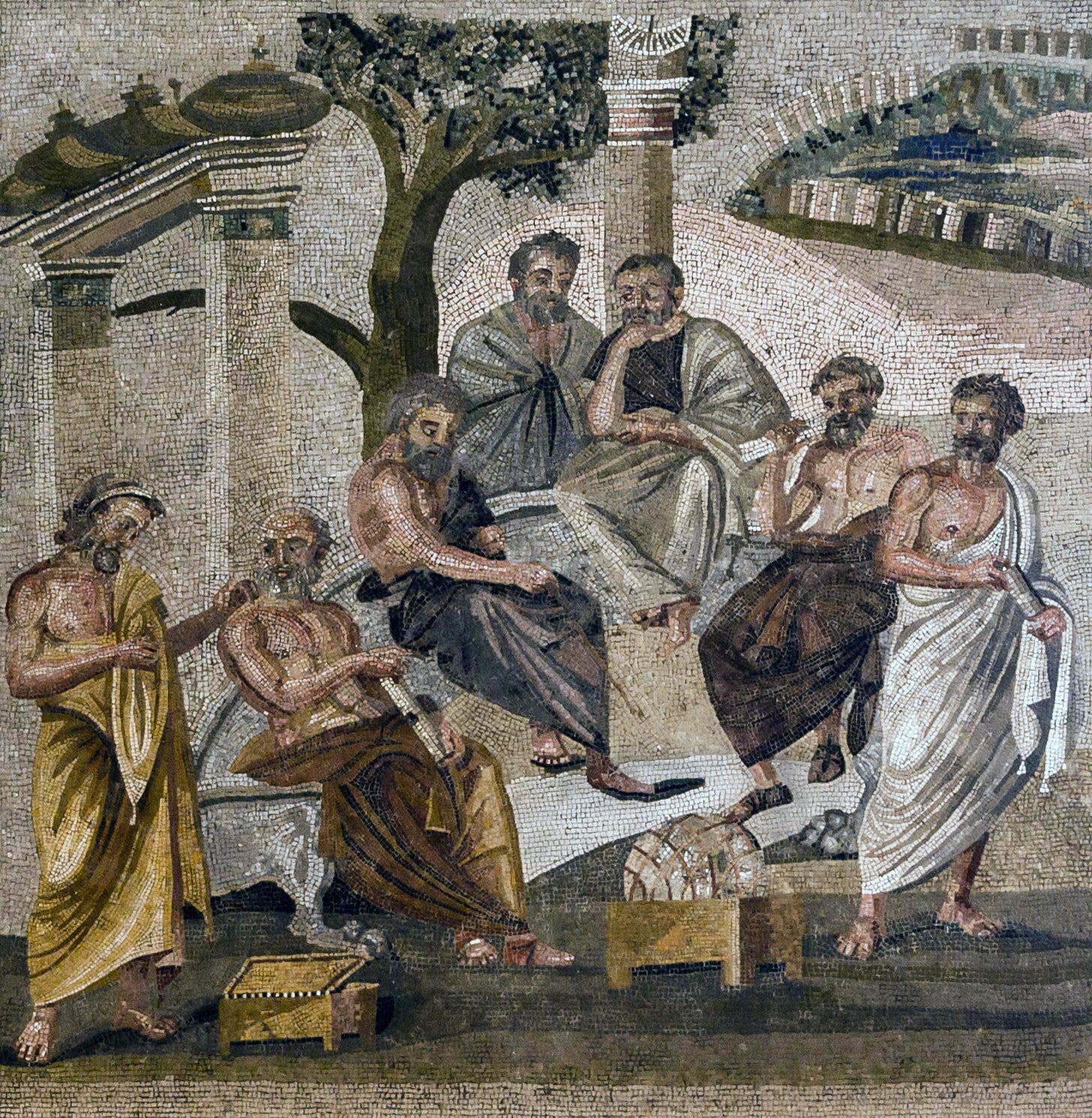What is your take on metaphysics? Mine is not particularly positive. At least, I am deeply suspicious, and largely reject, the whole approach to the field known as “analytic” metaphysics, which has been dominant since the beginning of the 20th century. (I am increasingly skeptical of the value of all analytic philosophy, but that’s a story for another time. And no, I’m no friend of the continental tradition either!)
My favorite whipping boy is a leading analytic metaphysician, David Chalmers, who initially became famous for his notions about consciousness and philosophical zombies, and has more recently embraced equally problematic notions like panpsychism. Chalmers and his colleagues proposed their “theories” on the basis of their intuitions and of what they find “conceivable,” regardless of whether there is any empirical evidence for their speculation. Indeed, they tend to be contemptuous of empirical evidence, dismissing it as the result of a “reductionist” approach to understanding things.
For instance, one of Chalmers’ most eminent colleagues, Philip Goff, claims that he has come up with a whole new way of doing science to correct what he calls “Galileo’s error.” He writes: “[Galileo] propose[d] a radically new philosophical theory of reality. According to this theory, the qualities aren’t really out there in the world, rather they’re in the consciousness of the observer. The redness of the tomato isn’t really on the surface of the tomato but is rather in the consciousness of the person perceiving it; the spiciness of the paprika isn’t really in the paprika but in the consciousness of the person consuming it. To return to the example we began with, when a tree comes crashing down in a forest, the crashing sound isn’t really in the forest, but in the consciousness of an onlooker. No onlooker, no consciousness, no sound.”
To begin with, this is not what Galileo proposed. Rather, he suggested that what we call secondary “qualities,” such as colors, sounds, smells, etc., are the result of the interaction between physical aspects of the world and our perceptive apparatus. For instance, “red” is not out there independently of an observer, but the wavelengths of light that—in animals such as human beings—trigger the sensation of red, are indeed out there. Similarly for the tree falling in the forest: no, it doesn’t make a sound—because sound requires a perceptive apparatus—but it does move air molecules regardless of whether anyone is around to perceive such movement.
Galileo strikes me as being exactly right, but Goff, and more recently Chalmers, are convinced that “qualities” are inherent in the world, because consciousness itself is a basic, elemental property of matter. The fact that professional physicists have dismissed the notion as nonsense on stilts doesn’t move these people one iota.
And that’s precisely the problem. Much (though not all!) modern metaphysics appears to be done in a vacuum that has effectively sealed itself off modern science and the empirical evidence that is the ultimate arbiter of scientific disputes. This isn’t exactly a new phenomenon in the history of philosophy. In fact, one could reasonably argue that the origins of modern science are rooted precisely in the rejection of the sort of metaphysics that Chalmers and Goff still indulge in, and which at the time was done by the likes of René Descartes.
Descartes thought of himself as a natural philosopher, just like Galileo (they were contemporaries). The reason we remember the latter as a scientist and the former as a philosopher is because Galileo was a better physicist and Descartes a more interesting philosopher. But physics detached itself from the sort of metaphysics precisely at the time of Galileo (and later Newton). It was followed by chemistry (with Boyle), then by biology (Darwin), and finally by psychology (James). In a sense, the sciences are the daughters spawned by philosophy, and analytic metaphysics is a last desperate (and doomed, in my opinion) attempt by the mother to keep her offspring in check.
Keep reading with a 7-day free trial
Subscribe to The Philosophy Garden: Stoicism and Beyond to keep reading this post and get 7 days of free access to the full post archives.




